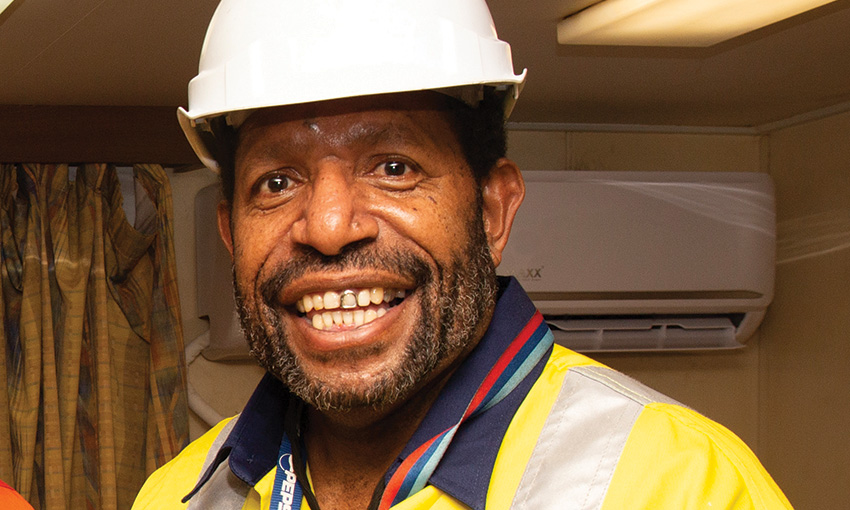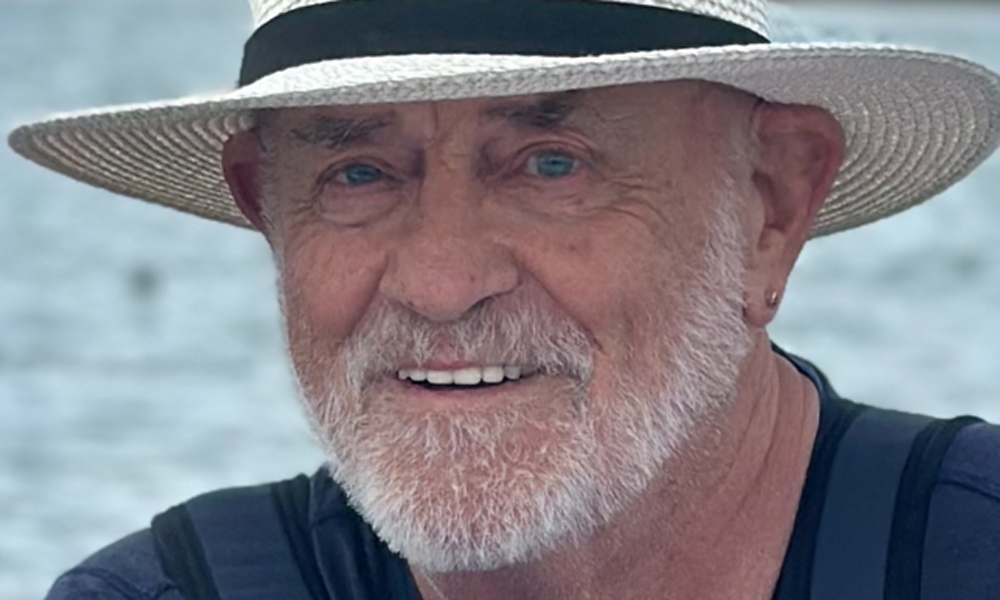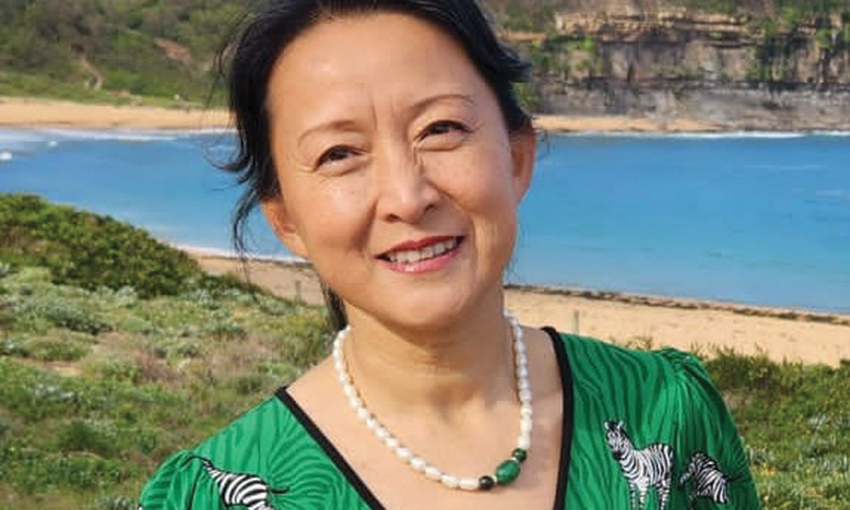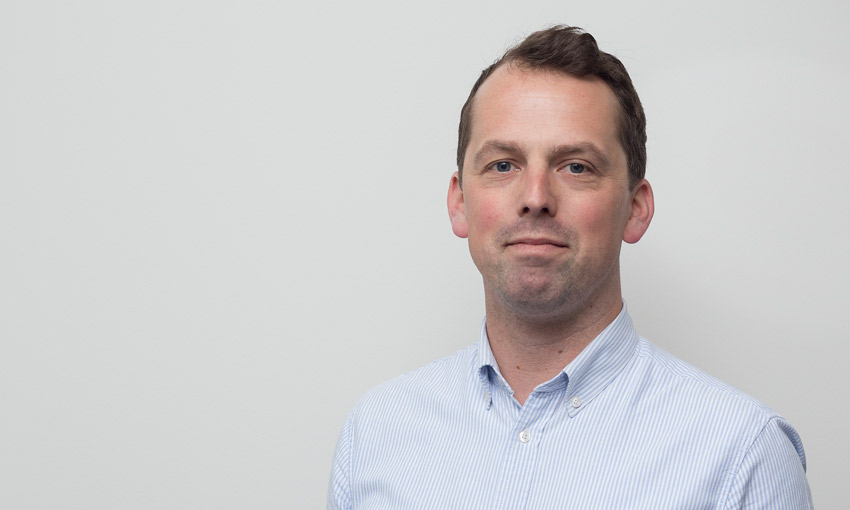What does a typical day at work look like for you?
The good news is I did not sign a contract that sees me working from nine to five. It’s an amazing arrangement where I’ve just got to get the job done. It’s hard to predict what will happen during the day, apart from putting money in the till, tidying the centre, preparing tea and coffee and making sure there’s enough fuel in the bus. Then we start getting telephone calls; often we get calls for pick-up with only 30 minutes’ warning. The role has an unpredictable nature, but it gives me a lot of flexibility to look after my family, especially my four young children.
What is your most memorable day on the job?
When the war broke out between Russia and Ukraine, I decided to pay special attention to both Russian and Ukrainian seafarers. Some companies at the port offered us money to buy something special for the seafarers. I bought huge chocolate bars and pre-activated SIM cards. My kids helped me do the shopping, and I explained the war situation to them. I told them citizens don’t ask for war, but this is something that happens. So, my kids got involved.
I delivered the packages to a ship late at night. It was too late for my kids to come with me, but they said they would not go to sleep until I put them on a video call with the seafarers. The chief officer of that ship was Ukrainian. You could see the tears in his eyes when I said the kids had done the shopping and would not sleep until they saw me delivering the package to him. They got to speak to the Ukrainian officer, and it was the most touching thing.
What were you doing before you became a chaplain with MTS?
I originally trained to become a Catholic priest. I have a degree in theology, but have also studied social science, psychology, and a bit of everything. I was sent to the coast when I was 18 to do my seminary training, and that was the first time I saw the sea. I was in seminary training for 16 years, but then I felt my calling was not to be an ordained minister. I took some time out and I use that training now in this pastoral care toward seafarers.
Where does your concern for seafarers originate?
The very first time I learned about seafarers and the mission was through someone I studied with in Melbourne, who said he was a port chaplain. I had no idea about the kind of work he did at the port. I was doing some training to become a hospital chaplain. He invited me to come with him to work once, just to have a look. Immediately I felt a connection.
It was not the Mission to Seafarers though, it was Stella Maris. A position became available, but I was here on a student visa. I took the job, but at the back of my mind I was thinking, this will only be temporary. I will get a real job when I’m settled. That was 21 years ago.
Tell us about your partnership with the local cricket club.
A number of people working at the terminals are allowed to use our mission bus to voluntarily take crews to places like Sydney. One of those people is part of the Lake Illawarra Cricket Club, and he knows that Indians or Sri Lankans or people who love cricket often want to visit the Sydney Cricket Ground. He had an idea: if we get a crew of people who love cricket and they’re in port for a few days, we can organise a cricket game and bring them down to the club. The underlying idea of using the facility is about partnering to talk about seafarers’ mental health and welfare. We are yet to formalise this, but it’s very exciting.
What is the biggest difference you’ve seen between PNG and Australia?
Law and order. In Papua New Guinea, when you see police officers, you start running, because they can take the law into their own hands. In Australia, if you are a law-abiding citizen, you go to the police, not run away from them. Sometimes I feel like it’s more restricting, because everywhere you turn there’s a law. Back in the village, you have all the freedoms.
And the bills – they never stop coming in Australia. There’s water and food in our villages, and if you are a hardworking person, you can probably survive on $1 a day.
Which food from Papua New Guinea do you miss most?
Sweet potato, especially the sweet potato from the mountain areas, more than 1000 metres above sea level. It tastes different. And on the meat side the chooks there are organic and just running around. When you boil them, the taste is real chicken. That’s something I miss.
If you could instantly master a new skill, which would it be?
Probably archery. My father used to use bows and arrows perfectly, but it never made me an archer.
This article appeared in the May 2023 edition of DCN Magazine





